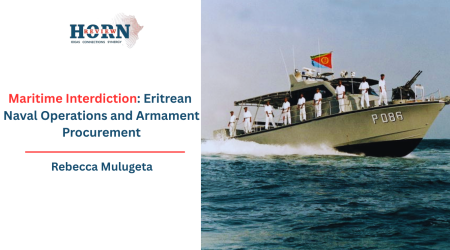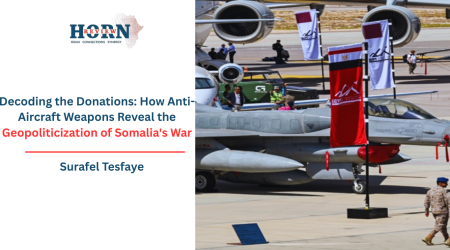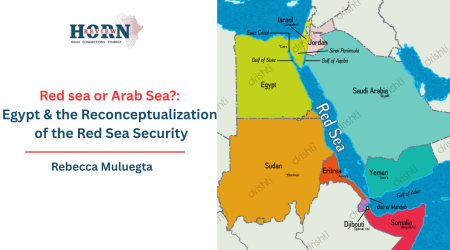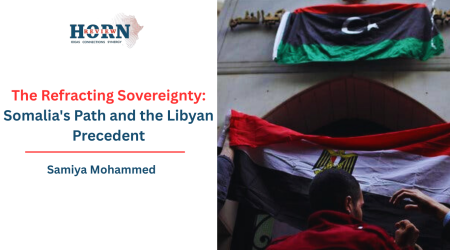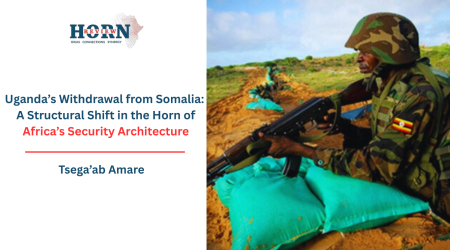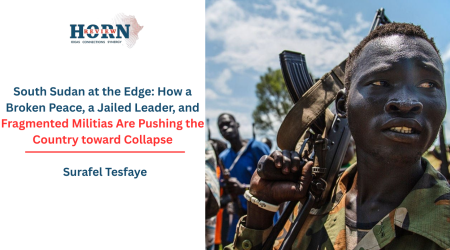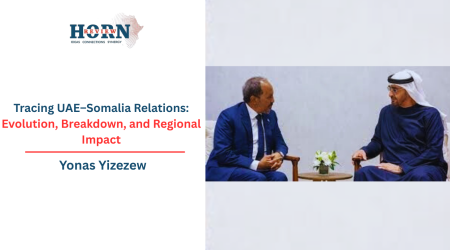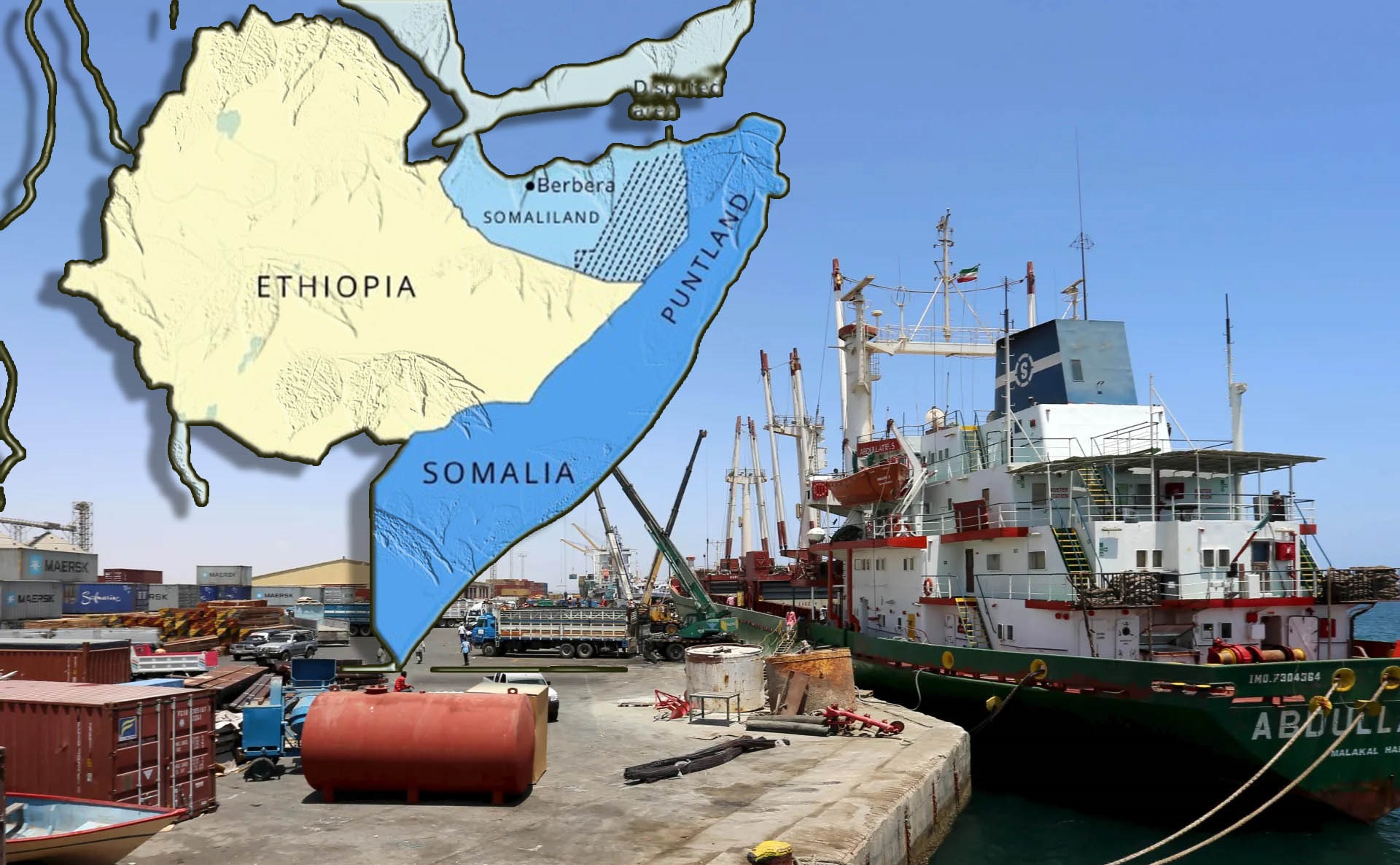
28
Jul
Mogadishu’s Sovereignty as a Blunt Instrument & The Berbera Brainfreeze
The recent announcement by Somalia’s Defence Minister, Ahmed Moalim Fiqi, rejecting Ethiopia’s request to participate in an upcoming multinational naval exercise in Somali territorial waters, resonates with the sharp crack of diplomatic discord. Citing unequivocal violations of international law and an uncompromising defence of sovereign maritime rights, Mogadishu’s stance paints a picture of transgression. beneath the surface of this heated lies a complex geopolitics where rigid absolutism may inadvertently fray the very fabric of regional security and mutual interest. While Somalia’s vigilance over its sovereignty is understandable, particularly given the shadow of the Somaliland MoU, the categorical rejection of Ethiopia’s participation request in this specific, AU-led multilateral exercise appears disproportionate, legally contestable, and ultimately counterproductive.
Minister Fiqi’s central contention “We cannot allow a landlocked nation to operate in our waters” wields a potent symbolic force. It evokes the fundamental principle of territorial integrity enshrined in the United Nations Charter. Landlocked states, by their very geography, possess no inherent right to unilaterally project naval power into the maritime domains of coastal nations. This bedrock principle is undeniable. However, the minister’s assertion that Ethiopia’s request to join a pre-existing, internationally sanctioned exercise constitutes an immediate violation of international maritime law and Somali national regulations requires scrutiny. It conflates aspiration with action, and crucially, overlooks the nuanced context of multilateral military cooperation.
The exercise in question operates under the aegis of the African Union (AU), specifically linked to the AU Transition Mission in Somalia (AUSSOM). This is not an Ethiopian solo endeavour, nor a covert operation. Ethiopia expressed its interest through established regional channels during a summit of East African Foreign Ministers in Addis Ababa, the very seat of the AU. This procedural step signifies an attempt to engage within the existing framework of collective security, not to circumvent it. Multinational naval exercises are, by their nature, predicated on the principle of invited participation.
Nations routinely request to join, and the host nation, often in consultation with organizing bodies like the AU or regional task forces, possesses the sovereign right to grant or deny that request. The act of requesting participation, however, is not in itself a violation of sovereignty or international law. It is a diplomatic overture, a potential prelude to negotiation and consent , a consent Somalia retains the absolute right to withhold, but which it frames here as already breached by the request alone.
Minister Fiqi states categorically “There is no precedent or legal framework that allows this kind of involvement.” This assertion demands qualification. While no legal framework compels a coastal state to accept a landlocked neighbour into its waters, numerous precedents exist globally where landlocked nations participate in multinational naval exercises with the express consent of the host nation. Switzerland, Austria, Hungary, Laos, and others have contributed personnel or observers to exercises in the Mediterranean, Adriatic, Black Sea, or Southeast Asian waters.
Their participation hinges entirely on formal agreements and invitations extended by the coastal states involved, facilitated through alliances like NATO, ASEAN, or ad-hoc coalitions. The legal framework is precisely the framework of consent and multilateral agreement. Ethiopia’s request sought to initiate that very process of consent within the established AU structure. Denying the request is Somalia’s prerogative framing the request itself as an illegal act stretches legal interpretation beyond established norms.
The palpable elephant in the room is, of course, the January 1st Memorandum of Understanding (MoU) between Ethiopia and Somaliland. This agreement, perceived by Mogadishu as an existential threat to its territorial unity, understandably colours every subsequent interaction. Somalia’s sensitivity is legitimate. The naval base deal represents a direct challenge to its constitutional authority. However, conflating Ethiopia’s separate request to join a standardized AU maritime security drill with its broader strategic ambitions regarding Somaliland risks creating a diplomatic straitjacket. It interprets every Ethiopian move through the lens of the Berbera deal, potentially attributing malign intent where a more routine contribution to regional stability might be the immediate goal. The AU-led AUSSOM mission exists precisely to support Somalia’s stability.
Ethiopia, contributing significant troops to AMISOM for years, possesses relevant regional maritime security interests combating piracy, illegal fishing, and arms smuggling that impact the Horn of Africa collectively, including landlocked nations reliant on secure sea lanes for trade. Its potential contribution to an AU exercise aimed at enhancing these capabilities could, theoretically, align with Somalia’s own security objectives.
Vigilance against genuine encroachment is paramount. However, treating a formal request to participate in an AU-sanctioned exercise, made through proper diplomatic channels, as an ipso facto breach of law and sovereignty, constitutes an overcorrection. It elevates a procedural step into a casus belli of diplomatic relations. Somalia possesses the sovereign right to deny participation. But wielding that right effectively requires distinguishing between a genuine assault on territorial integrity and a participation request within a multilateral framework however distrusted the requester may be. Failing this discernment risks isolating Somalia, straining AU cohesion, and turning every potential point of contact into another front in an unending cold war. True sovereignty is demonstrated not only by the power to exclude, but also by the wisdom to engage strategically when collective security beckons.
By Samiya Mohammed,Researcher,Horn Review

